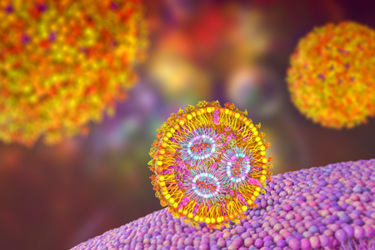Trends In Next-Generation Delivery Technologies To Advance Gene-Modified Cell Therapies

Lipid nanoparticles are enabling a new generation of engineered cell therapies, driving a shift toward more complex cell engineering and gene editing for allogeneic therapies.
The transformative potential of breakthrough cell and gene therapies in revolutionizing healthcare cannot be overstated. Among the most sophisticated medical treatments under development is the reprogramming of a patient's immune system to combat and even prevent diseases that are either untreatable or difficult to treat using traditional medicine.
Gene therapy aims to treat diseases by replacing, inactivating, or introducing genes into cells—whether within the body (in vivo) or outside of the body (ex vivo). Cell therapy, on the other hand, seeks to treat diseases by restoring or altering specific sets of cells, or by utilizing the cells themselves as a therapy. Cells that are altered genetically fall under the category of Gene-Modified Cell Therapy, adhering to the standards set by the Alliance for Regenerative Medicine (ARM)
Explore the extraordinary potential of these novel therapeutic modalities, a genetic material delivery method in the spotlight, and more.
Get unlimited access to:
Enter your credentials below to log in. Not yet a member of Life Science Leader? Subscribe today.
